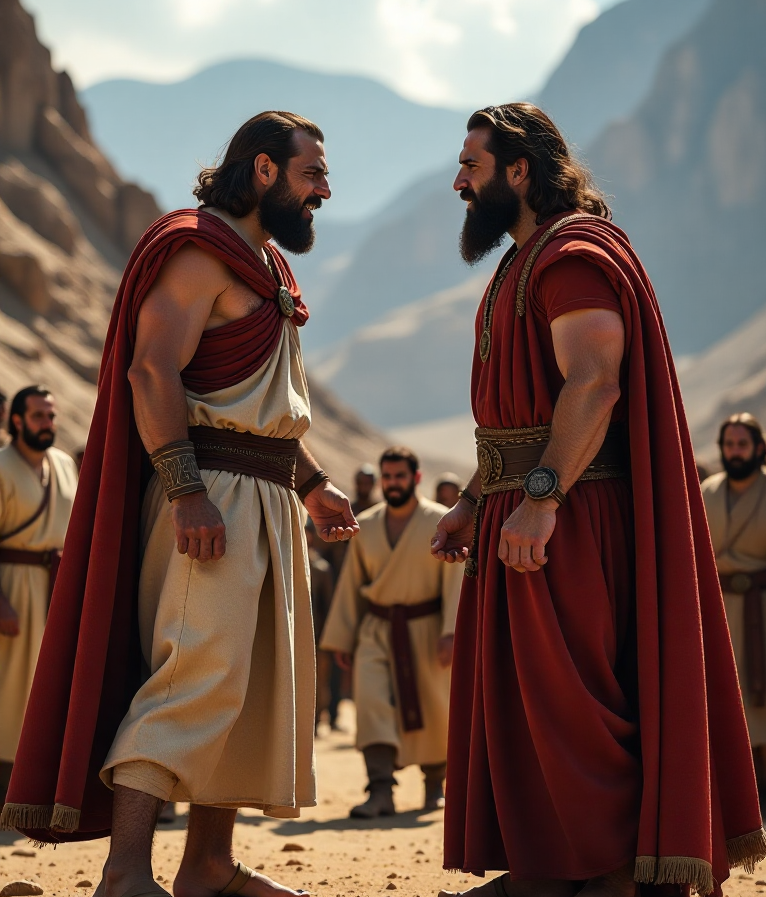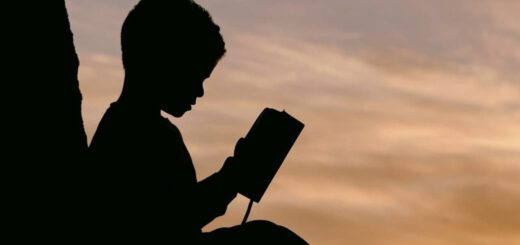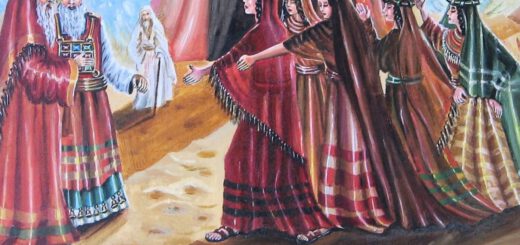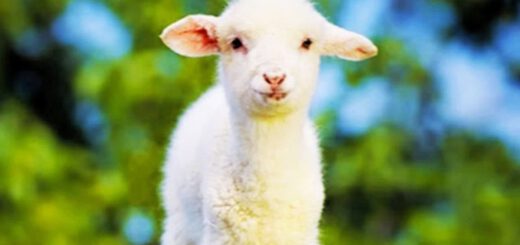Korach קֹרַח Weekly Torah Portion

This short article was created with the help of AI tool and has been reviewed by a translator.
This week, 26 Sivan – 2 Tammuz 5785 (22 June – 28 June 2025) the people of Israel read the weekly Torah portion: 38. Korach – Bemidbar (Numbers) 16:1-18:32. Parsha Korach is significant in Jewish tradition for its themes of rebellion and leadership. Here are the key points regarding Parsha Korach:
- Rebellion Against Moses: The parsha centers around Korach, a Levite, who leads a rebellion against the leadership of Moses and Aaron. He challenges their authority and questions why they hold positions of power over the community, suggesting that all the people are holy.
- The Conspiracy: Korach recruits several prominent leaders from the Israelite community, including Dathan and Abiram, to support his claim. They argue that Moses and Aaron have taken too much authority for themselves.
- Divine Response: In response to this challenge, Moses proposes a test to determine whom God has chosen as His representatives. He instructs Korah and his followers to bring incense before the Lord, and the true leader will be revealed. God tells Moses to separate himself and the Israelites from Korach’s group, as He plans to punish them.
- The Earth Opens: The culmination of the rebellion occurs when the earth opens up and swallows Korach and his followers, along with their households, as a divine punishment for their challenge against Moses and Aaron.
- Aftermath: Following the rebellion, God instructs Moses to collect the censers of the rebels and make them into hammered sheets for the altar as a warning to future generations against rebellion.
- Lessons and Themes: Parashat Korach teaches important lessons about humility, the dangers of envy and rebellion, and the consequences of challenging divinely appointed leadership. It serves as a reminder within Jewish tradition of the importance of community, respect for leadership, and the danger of factionalism.
This parsha is typically read during the summer months, and it often sparks discussions about leadership, authority, and the nature of community governance in Jewish discourse.








